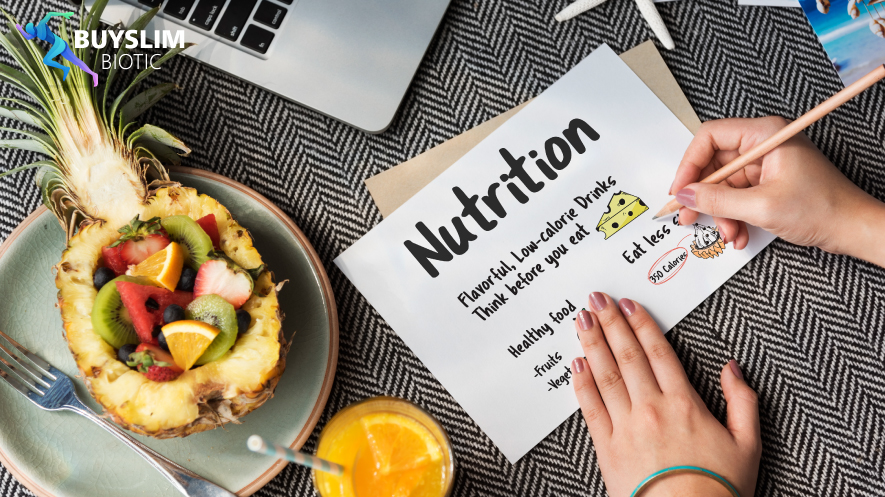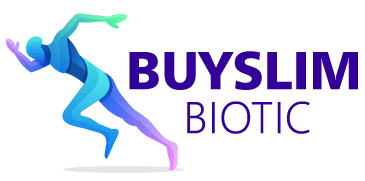Fuel your body with a High-Protein Diet: a nutritional strategy designed to enhance weight loss, muscle growth, and overall health. Discover the benefits of incorporating a variety of protein-rich foods like lean meats, dairy, and legumes into your diet for sustained energy and improved metabolism
Diet is a key component in the weight loss process. A high-protein diet has drawn a lot of attention among the different diet regimens since it can aid in weight loss while maintaining muscle mass. This post will discuss the advantages of a high-protein diet for weight reduction and offer tips on how to make a high-protein food plan that works for you.
Embarking on a weight loss journey can be both exciting and challenging. Among the plethora of diets available, the high-protein diet stands out for its ability to enhance weight loss results in a healthy way. By strategically incorporating protein-rich foods into your meals, you can experience better appetite control, improved metabolism, and increased muscle mass.
Understanding the High-Protein Diet
A high-protein diet focuses on increasing your daily protein intake while moderating your consumption of carbohydrates and fats. Proteins are the building blocks of the body and play a crucial role in repairing tissues, supporting immune function, and maintaining muscle mass.

Benefits of a High-Protein Diet
- Enhanced Weight Loss: Protein has a high thermic effect, which means your body burns more calories during digestion. This can boost your metabolism and contribute to weight loss.
- Reduced Appetite: Protein-rich foods promote a feeling of fullness, reducing overall calorie intake and preventing overeating.
- Preservation of Muscle Mass: When you’re on a calorie-restricted diet, a higher protein intake helps preserve lean muscle mass.
- Improved Muscle Recovery: Protein aids in muscle recovery after workouts, reducing muscle soreness and enhancing overall exercise performance.
High-Protein Diet for Weight Loss
Before starting any diet, it’s important to set realistic weight loss goals. Determine how much weight you want to lose and the timeframe in which you aim to achieve it. Remember that gradual and sustainable weight loss is more effective and healthier than drastic measures.
Choosing the Right Protein Sources
Include a variety of lean protein sources in your diet, such as lean meats (chicken, turkey, lean cuts of beef), fish, eggs, dairy products, legumes, tofu, and nuts. These sources provide essential amino acids that your body needs for various functions.
Building Your High-Protein Meal Plan
Design your meals to include a balance of protein, carbohydrates, and healthy fats. Opt for whole, unprocessed foods and plan your meals around protein-rich items. For example, a breakfast could include eggs and whole-grain toast, while lunch might feature grilled chicken salad.
Balancing Macronutrients
While protein is a key focus, don’t neglect carbohydrates and fats. Choose complex carbohydrates (whole grains, vegetables) and healthy fats (avocado, olive oil) to ensure your body gets a well-rounded nutrient intake.
Meal Prepping and Planning
To stay consistent with your high-protein diet, consider meal prepping. Prepare protein-rich meals and snacks in advance to avoid impulsive unhealthy choices.
Incorporating Exercise for Optimal Results
High-Protein Diet for Weight Loss works best when combined with regular exercise. Cardiovascular workouts and strength training can further enhance weight loss and muscle building.
Staying Hydrated
Remember to stay hydrated. Water is essential for digestion, metabolism, and overall well-being. Drinking water throughout the day can also help control your appetite.
Monitoring Progress and Making Adjustments
Track your progress by keeping a food journal and noting any changes in weight, energy levels, and overall health. Based on your progress, you might need to adjust your protein intake or meal plan.
Dealing with Challenges
Cravings and temptations are natural. Combat them by keeping healthy protein snacks on hand and finding healthier alternatives to your favorite comfort foods.
Ensuring Sustainability
High-Protein Diet for Weight Loss should be sustainable in the long term. Focus on variety and flexibility in your meal choices to prevent boredom and maintain enthusiasm.
Seeking Professional Guidance
Before making significant changes to your diet, consult a healthcare professional or a registered dietitian. They can provide personalized guidance based on your individual health needs.
Conclusion
When implemented correctly, a high-protein diet can be a successful weight-loss tactic. You can take the first steps toward becoming a better version of yourself by learning about the advantages of protein, making reasonable objectives, and organizing well-rounded meals.




